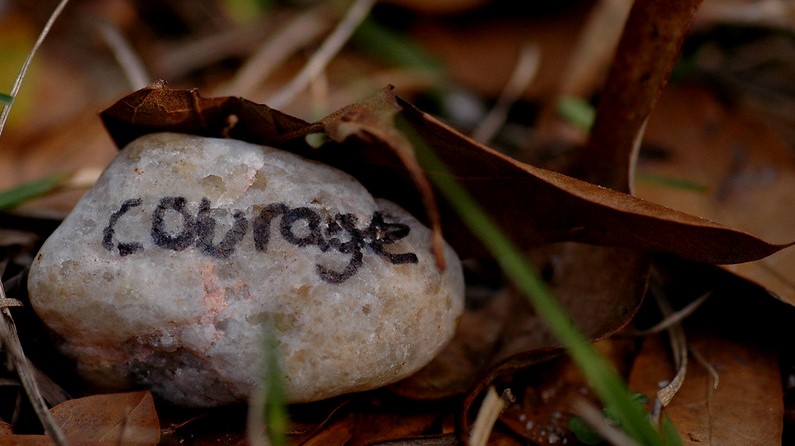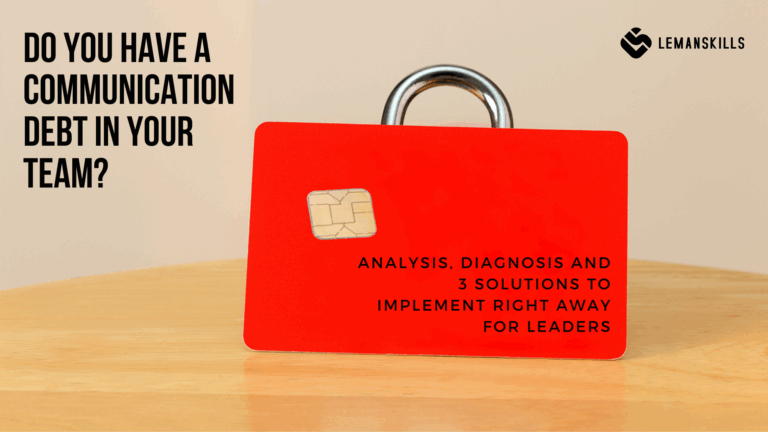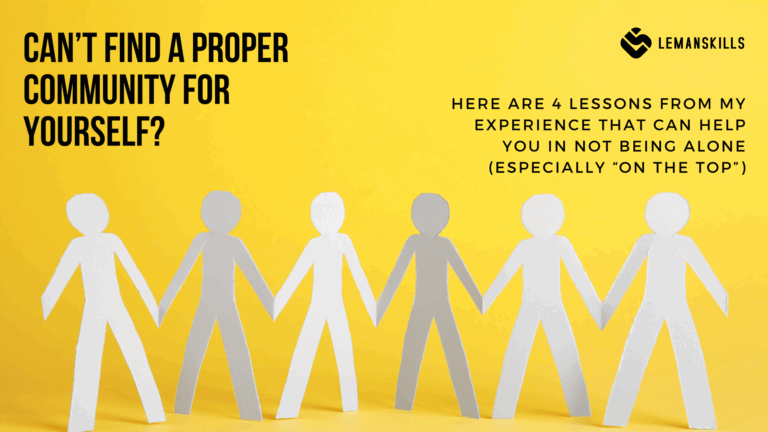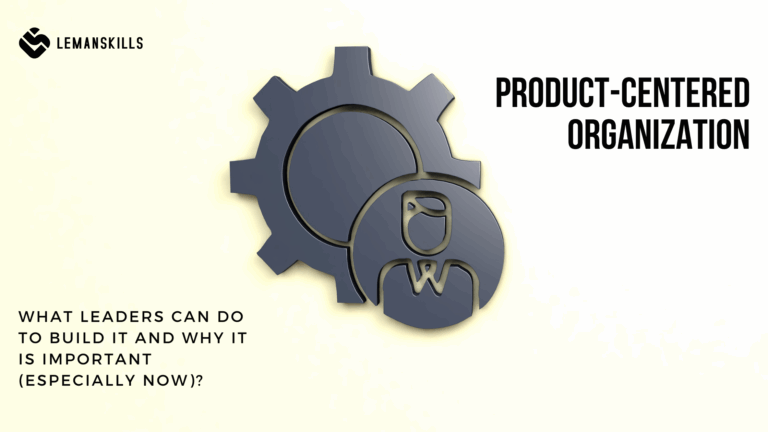Do you have courage in your life?
What does it mean to be courageous? Does it mean to not be scared and just do things? Is brave and courage the same thing? Do we even need courage to live fully and happily?
The difference between bravery and courage
We often use those two words while naming the same thing. It can be about making decisions, even if it’s not safe, about taking risks, being adventurous or having an extreme hobby. But is it really the same?
Being brave is about cutting fear off and doing things, sometimes without even thinking about it or reflecting on the risks. Bungee jumping can be an example of it. It’s a matter of the moment, not necessary, but fun – so we do it, as a spark of the adrenaline.
Being courageous is about doing things in spite of fear, after a process of logical thinking, taking into consideration pros and cons. It’s about doing things while knowing it can be risky, dangerous, BUT doing it anyway. It doesn’t mean that the process needs to be long – sometimes it’s just a quick assessment of the situation, i.e. when we see a cat that is crossing the street and the car is approaching. We assess the speed of the car, the risk of being hit by it and we go to rescue the cat.
If you want to read more about the difference between bravery and courage, here is a great article about it, with more examples and comparisons to understand better the whole concept.
What courage can bring us?
Do you know the feeling when we really want to do something, but we don’t? We don’t do it and then, we regret. “Oh, I could’ve done it, it looks so simple”, “oh, I could’ve done it, Sarah did it and look how happy she is now!”.
It can be anything, a decision about taking a new job or applying to one, a decision about changing the place of living, about investing time and money in a course or studies, a decision about not eating candy or drinking alcohol when everybody eat or drink it.
Courage gives us the opposite feeling compared to the one above. It gives us proud and satisfaction. It can give us freedom, more autonomy at work and/or in life. It can give us new perspectives, chances to be somebody who we are really proud of.
Courage brings us an infinite possibility to be whomever we want. Why courage not bravery? Because creating the person you are dreaming to become requires a strategy, goals, plan and tactics. It’s not a random decision and the results won’t happen overnight. It needs consistency, being ready to fail, learn, try again, and again, and again. And we need courage to do it to. To try again when we fail. If we give up after the first or the second try, most of us is not going to succeed. Hard? Difficult? Scary? Hell yeah. But is going to be worth it to be courageous and try again to live a good, full life that you won’t regret at the end.
Do you have courage in your life?
Do you set boundaries at work? Do you say “no” when you don’t have capacity (time, energy etc.) to do a certain task or another project?
Do you set boundaries at home? Do you say out loud what do you need or when you need help?
Are you taking care of your career? Are you seeking for opportunities, taking uncomfortable action to change who you are professionally?
Do you take care of your health? Do you say “no” to unhealthy things, like candy, another glass of wine or processed food you don’t even like? Are you able to replace another episode of Netflix series with a short workout session?
Do you read? Are you able to replace 10 minutes of scrolling social media with 10 minutes of reading something that will nourish your brain?
Do you set boundaries within your friendships? Are you choosing people who have a good influence on you and restrain those who are energy vampires?
Do you make decisions to make your life better? It can be about health, relations, development, career, place of living, vacation destination, content you read/listen/watch on the internet.
If you answered “yes” to at least one of the questions above, it means you have courage in your life. Good for you! Now you can choose one thing from this list that you can do better, connect it to the one you already have. It’s always easier to glue things together since they stick to each other that way.
If you didn’t answer “yes” to anything, choose one thing, one question you really would like to say “yes” to. What can you do to change your current situation? Who can help you? What resources do you need (time, money, other peoples’ support, silence, physical or mental space, knowledge, skills)? What you already have that can be a starting point to this change? A lot of things are inside of ourselves, sometimes all we need is a good goal and a good plan to unlock it.
The bottom line
Being courageous is not always about bungee jumping, rock climbing or living in different country every three years. It can be all that, but not necessarily.
Courage is about seeing the world as a place full of possibilities, opportunities to learn, change, grow, meet new people and say goodbye to things without feeling guilty about it. It’s about taking care of yourself, making space in life for comfortable and uncomfortable – that’s how the great experiences are built. Courage is a friend who sometimes pushes us into the stretch zone, and sometimes protects us from doing stupid things. Regardless of the situation, we know that he/she is always there, which gives us comfort, trust and freedom to live our lives however we want.
How about feeling like this all the time?




